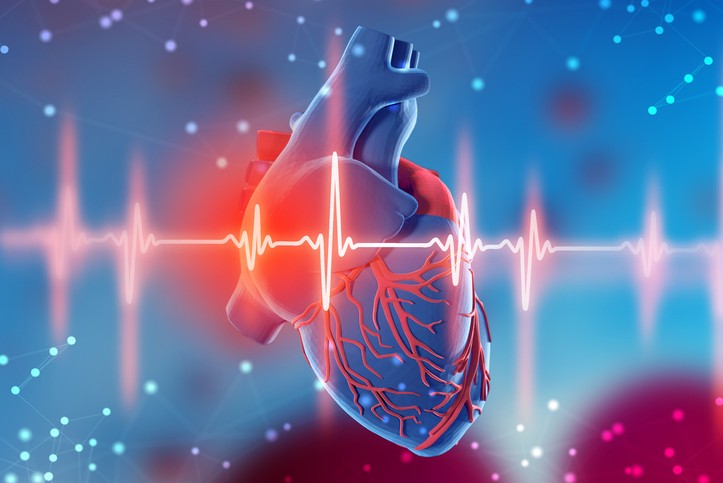Your Heart's Electrical Symphony: Demystifying Arrhythmias
JAN 27, 2026Arrhythmias are broadly categorized by where they originate (atria or ventricles) and how they affect heart rate (too fast, too slow, or irregular).
Read More
It’s been called a condition of epic proportions. Heart failure is alarmingly common, affecting 6.5 million adults in the U.S. It’s also on the rise. The prevalence of heart failure among adults older than 20 is expected to increase 46% by 2030.1
Also called congestive heart failure, this condition simply means your heart is struggling to pump enough oxygen-rich blood to support your body’s other organs. Your heart still works, just not as well.
Heart failure is a chronic, progressive condition. Without treatment and lifestyle changes, your heart’s functioning will continue to worsen, but there’s much you can do to prevent or improve heart failure. Start with these five essential ways to raise your grade.
Usually another condition damages the heart or its ability to pump blood. Lifestyle factors can also play a role. If any of the following apply to you, work with your health care provider to manage the condition or risk factor and minimize damage to your heart.
Heart-Related Causes Include:
Non-Heart Causes Include:
Early diagnosis and treatment can minimize the damage and improve your overall condition. Symptoms to watch out for include:
A physical exam is the first step to diagnosis. An echocardiogram is one of the most important and common diagnostic tests. An ECG or EKG (electrocardiogram) may used to detect abnormal heart rhythms that may cause heart failure.
Blood tests may be done to check for certain markers and other diagnostic tools include a chest X-ray, MRI, nuclear scan, catheterization or coronary angiogram. A stress exam tests your heart function while exercising and a Holter monitor records your heart’s electrical activity for 24 to 48 hours.
But, you can improve habits that cause or worsen it. Things you can do, starting today, include:
You may fall into this category if you have a family history of it or a history of certain medical conditions. These medical conditions include:
You can also be considered pre-heart failure (stage B) if you have been diagnosed with systolic left ventricular dysfunction but you have not had the symptoms of this condition. If you fall into either of these categories, be sure to follow your provider’s recommendations.
Short of a heart transplant, it cannot be cured. Fortunately, much progress is being made in how this type of failure is treated and managed – often for years. Treatment options may include:
It’s important to take medications regularly and follow your treatment plan carefully. Things you may asked to do include following a low-sodium diet, reducing fluid intake, weighing yourself regularly to monitor fluid retention and getting regular physical activity. Remember, your heart health depends on you.
For more questions reach out to a specialist at the CHI Health Heart Institute.
Resources:
Originally Published: February 2020. Updated: January 2023.

Arrhythmias are broadly categorized by where they originate (atria or ventricles) and how they affect heart rate (too fast, too slow, or irregular).
Read More
CAD occurs when the arteries supplying blood to your heart become hardened and narrowed due to a buildup of plaque (atherosclerosis).
Read More
A sedentary lifestyle isn't just about feeling a bit sluggish; it's a silent, insidious threat to your cardiovascular health.
Read MoreWhen you need local health information from a trusted source, turn to the CHI Health Better You eNewsletter.